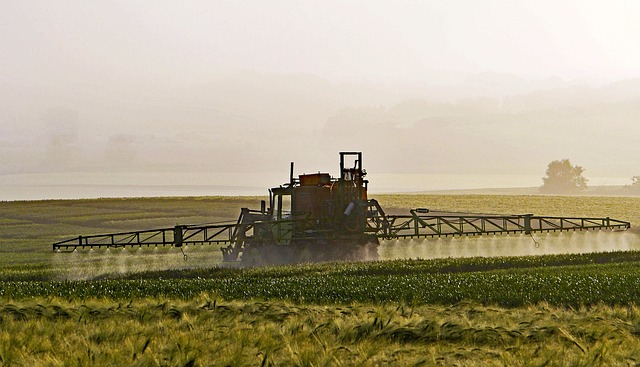Pesticides and food additives are two major concerns when trying to limit toxins in foods. So what are they ard what can we do about them?
Pesticides are used for farming, on residential lawns, cities spray for mosquitoes, people spray their flowers and trees, cities spray parks and recreational areas, and the list goes on. They are in the food, the water, and the air.
Are pesticides in all food? Yes, and you cannot avoid them, all you can do is reduce the amount and try to stay away from the worst of them. The obvious culprit is produce, where we know they spray vegetables to keep pests from eating them. Even organic foods are grown with organic pesticides. Try growing tomatoes in your yard without anything and either the birds or bugs will take bites out of them before you know it. Some GMO foods have been genetically modified to create pesticide chemicals in them so they don’t have to spray as much. Then there are the crops fed to animals where they ingest the pesticides and it is stored in the muscles and organs meaning it is in the meat we eat. Spraying crops also puts those chemicals in the water which runs into streams, lakes and rivers and finally into our drinking water. So you can’t avoid them.
So what’s the problem with them? They can damage your nervous system, cause cancers, unbalance your hormones, and irritate your eyes or skin. There is a cumulative effect as they build up in your muscles and organs that has the potential to overwhelm your body’s ability to handle it. To help reduce them, look at buying organic foods. Yes, as I said above they have pesticides, but they use natural versions rather than synthetic which is used by conventional farming and so current studies show a reduced level of certain chemicals in urine tests. However, the amount of pesticides used by organic farmers is not regulated and some studies show they actually use more pesticides because natural versions are less effective. “Organic” labels have only been around for ten years, so watch for more news as studies start being released in the next few years.
To help you choose which produce have the highest levels of pesticide here are the “Clean” and “Dirty” lists. Check out EWG’s website for annual updates. Here is their list for 2016.
Dirty List (those with highest levels of pesticides): Strawberries, apples, nectarines, peaches, celery, grapes, cherries, spinach, tomatoes, sweet bell peppers, cherry tomatoes, and cucumbers
Clean List (lower levels of pesticides): avocados, sweet corn, pineapples, cabbage, frozen sweet peas, onions, asparagus, mangoes, papayas, kiwis, eggplant, honeydew melon, grapefruit, cantaloupe, and cauliflower.
Read about food additives in the next installment.

